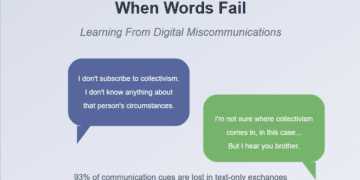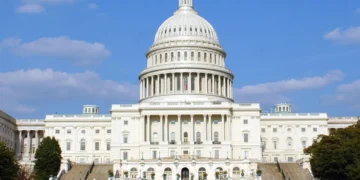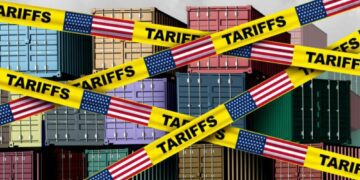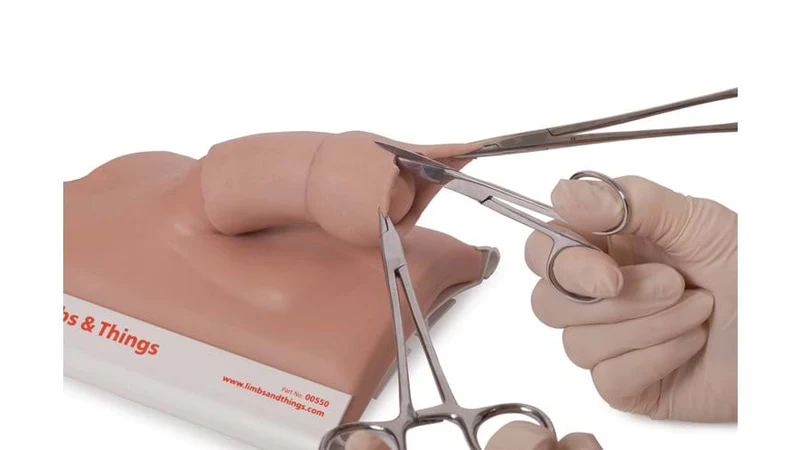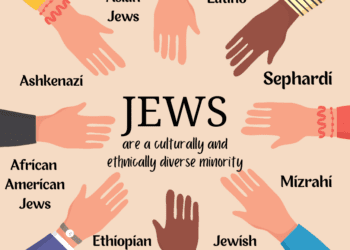In the realm of personal choices and cultural traditions, one topic that has stirred debates and discussions for centuries is circumcision. This age-old practice, rooted in religious and cultural beliefs, has a profound impact on men’s lives. As I navigate through my own experience of being circumcised and the decision-making process for my son, I unravel the layers of this controversial rite of passage. Brace yourself for an exploration into the positives, negatives, and the ultimate question – why is circumcision done?
Understanding Circumcision: A Historical Perspective
To comprehend the significance of circumcision, we must delve into its historical roots. This practice, often associated with Jewish traditions, has ancient origins dating back thousands of years. The act of removing the foreskin has been intertwined with religious rituals, symbolizing identity, purity, and covenant.
The Rituals of Circumcision in Judaism
In the Jewish faith, circumcision, or brit milah, is a sacred covenant with God. This ritual is performed on male infants on the eighth day of life, emphasizing the commitment to the divine covenant established with Abraham.
Why is Circumcision Done? Unraveling the Purpose
Religious Significance
Circumcision, for many, is a sacred ritual, a testament to religious identity and adherence to age-old traditions. The removal of the foreskin is believed to signify purity and commitment to a higher power.
Medical Reasons
Beyond religious convictions, circumcision has been advocated for its potential health benefits. Research suggests that circumcised individuals may have a lower risk of certain infections, including urinary tract infections and sexually transmitted diseases. The procedure has also been associated with a reduced risk of penile cancer.
Cultural Influences
In some cultures, circumcision is not just a religious or medical practice but a cultural norm passed down through generations. Understanding the cultural context provides insights into why communities embrace this practice.
My Journey: Circumcised, Yet Uncertain
As someone who has undergone circumcision without a clear understanding of the rationale behind it, I found myself grappling with questions when my son was born. Why did my parents choose circumcision for me? What compelled them to make that decision without involving me?
Personal Reflections
Despite being circumcised, the lack of personal agency in the decision left me pondering the significance of this practice. As I embarked on parenthood, my son’s mom and I decided to break the cycle and allow our son to make this choice for himself when he was old enough.
Parental Decision-Making
The journey of deciding whether or not to circumcise our son led to intense discussions and research. We weighed the potential benefits and harms, questioning the societal norms that often dictate such decisions.
Benefits and Harms: Weighing the Pros and Cons
Pros of Circumcision
- Reduced Risk of Infections: Studies suggest that circumcision may lower the risk of urinary tract infections and sexually transmitted diseases.
- Potential Health Benefits: Some research links circumcision to a decreased risk of penile cancer and certain medical conditions.
Cons of Circumcision
- Ethical Concerns: The removal of the foreskin raises ethical questions about bodily autonomy and the right to make decisions about one’s body.
- Potential Complications: Like any surgical procedure, circumcision carries risks, including infection, bleeding, and complications during healing.
Empowering the Next Generation: A Personal Choice
In a world where autonomy and informed decision-making are valued, empowering individuals to make choices about their bodies becomes crucial. My son’s journey towards self-determination became a symbol of breaking free from tradition and embracing personal agency.
Respecting Individual Choices
By refraining from circumcising our son, we aimed to respect his autonomy and allow him to decide what felt right for him when he reached an age of understanding.
Promoting Informed Decision-Making
Encouraging open conversations and providing comprehensive information empowers individuals to make informed choices about their bodies. This approach challenges the norms and promotes a culture of consent and autonomy.
The Circumcision Dilemma: A Societal Discourse
As societal norms and perspectives evolve, the circumcision dilemma remains a topic of intense debate. From religious sanctity to potential health benefits and ethical concerns, the layers of this practice are multifaceted.
“Circumcision, like any cultural or religious practice, requires careful consideration and respect for individual choices.” – Dr. A. Smith, Cultural Anthropologist.
Navigating the Circumcision Spectrum
In the grand tapestry of human experiences, circumcision stands as a thread weaving through the fabric of tradition, religion, and personal choices. My journey from being circumcised to allowing my son the autonomy to decide encapsulates the evolving perspectives on this age-old practice.
As we continue to navigate the circumcision spectrum, let us foster a culture that values informed decision-making, respects individual choices, and challenges societal norms when necessary. The power to shape our narratives lies in embracing diversity, understanding histories, and above all, empowering individuals to make choices that align with their beliefs and values.
External Links for Further Reading:
- American Academy of Pediatrics – Circumcision Policy Statement
- World Health Organization – Male Circumcision for HIV Prevention
In the journey of unraveling circumcision’s complexities, these resources provide additional perspectives and insights. Explore, question, and make choices that resonate with your understanding and values.
The information provided in this blog post is for informational purposes only. It is not a substitute for professional advice. Always seek the advice of a qualified professional for any concerns regarding circumcision.






